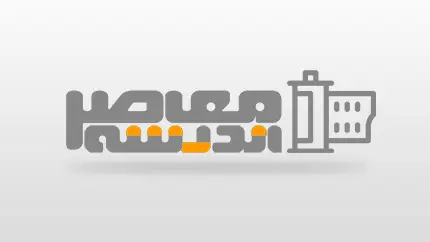
Title: “Refereeing Controversy in Iran’s Super Cup: Expert Analyzes Key Decisions in Esteghlal vs. Tractor Match”
Match Ends in Tractor’s Favor Amid Refereeing Debates
The Iranian Super Cup football match between Esteghlal and Tractor, held at Naghsh-e Jahan Stadium in Isfahan, concluded with a 2-1 victory for Tractor. However, the match was overshadowed by contentious refereeing decisions, sparking criticism from officiating expert Nozar Rodneel.
First-Half Decisions Deemed Fair
Rodneel acknowledged that referee Vahid Kazemi’s performance in the first half was largely correct. Esteghlal’s 12th-minute goal was valid, and Kazemi’s decision in the 42nd minute to allow play to continue inside Esteghlal’s penalty area was justified.
Critical Errors in Second Half
However, Rodneel highlighted major mistakes later in the match. Esteghlal’s Rouzbeh Cheshmi received a yellow card in the first half but should have been shown a second yellow in the 76th minute, leading to his dismissal.
Kazemi’s positioning in the 80th minute was also criticized, as it allegedly obstructed his view of a potential penalty incident, forcing a lengthy five-minute VAR review. Additionally, Rodneel questioned the justification for 11 minutes of added time, arguing that stoppages did not warrant such an extension.
Systemic Issues in Iranian Refereeing
Beyond individual errors, Rodneel pointed to deeper systemic flaws in Iran’s refereeing structure. He emphasized inadequate oversight, citing instances where referees allegedly passed fitness tests despite lacking competence or were assigned matches without meeting legal criteria.
“Referees must not only be physically prepared but also demonstrate courage and accuracy in decision-making,” Rodneel stated. He further criticized excessive VAR delays, which he claimed diminished match quality—a contrast, he noted, to smoother processes in top European leagues.
Calls for Reform Ahead of New Season
Expressing concern over the future of Iranian football officiating, Rodneel urged authorities to implement decisive reforms before the new season begins. “Without corrective measures, the league risks serious challenges,” he warned, calling for improved referee management and supervision.
The debate highlights the broader challenges facing Iranian football’s governance, with fans and experts alike awaiting meaningful changes to uphold fairness and transparency in the sport.


